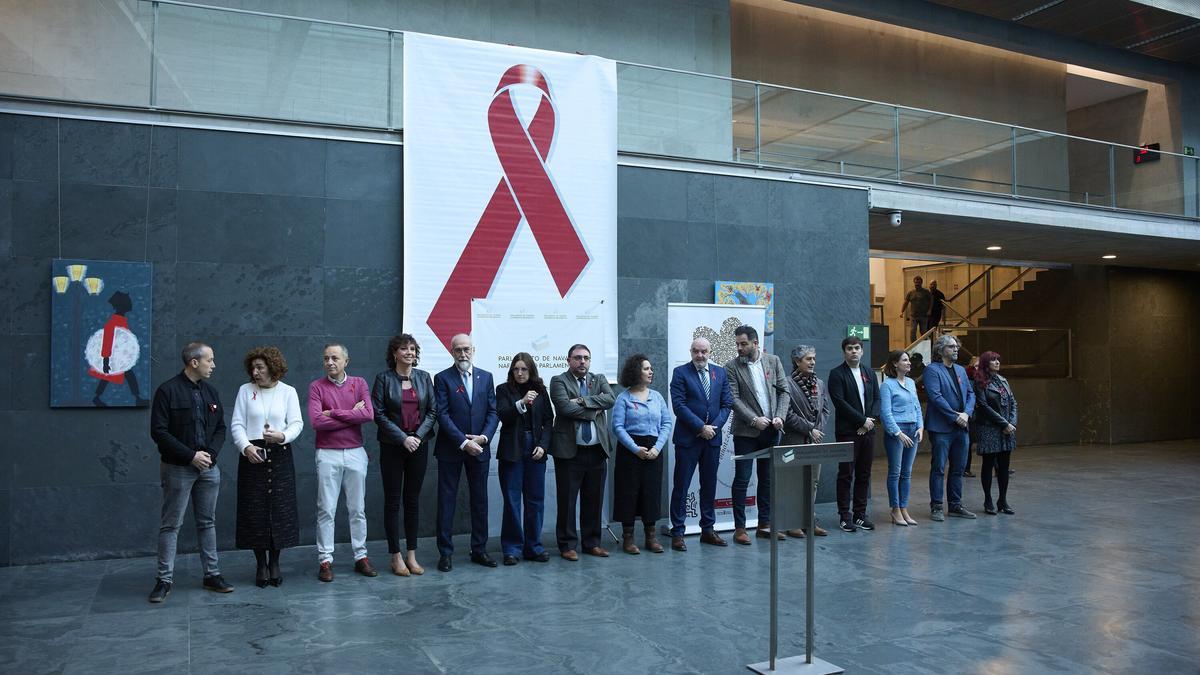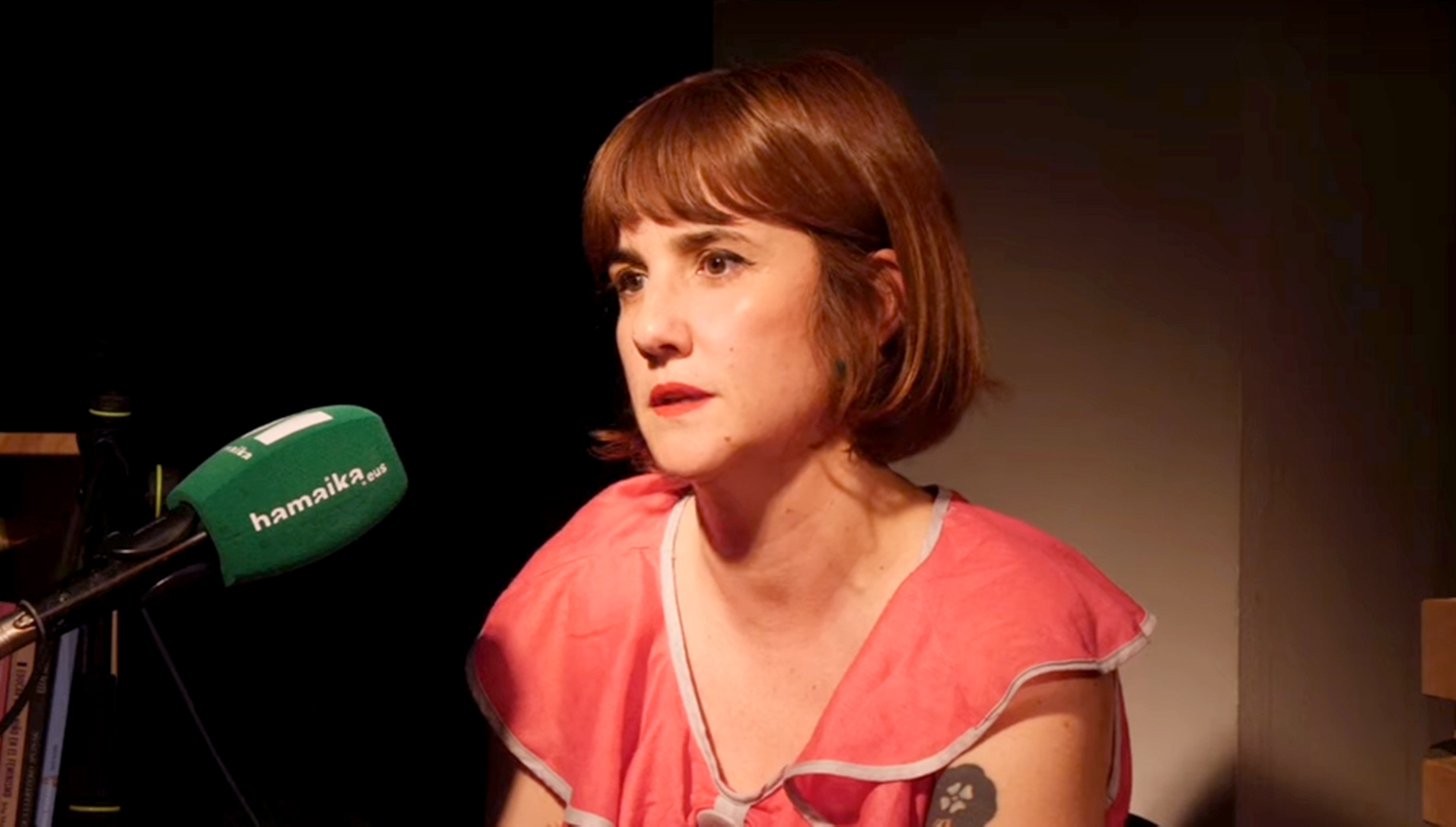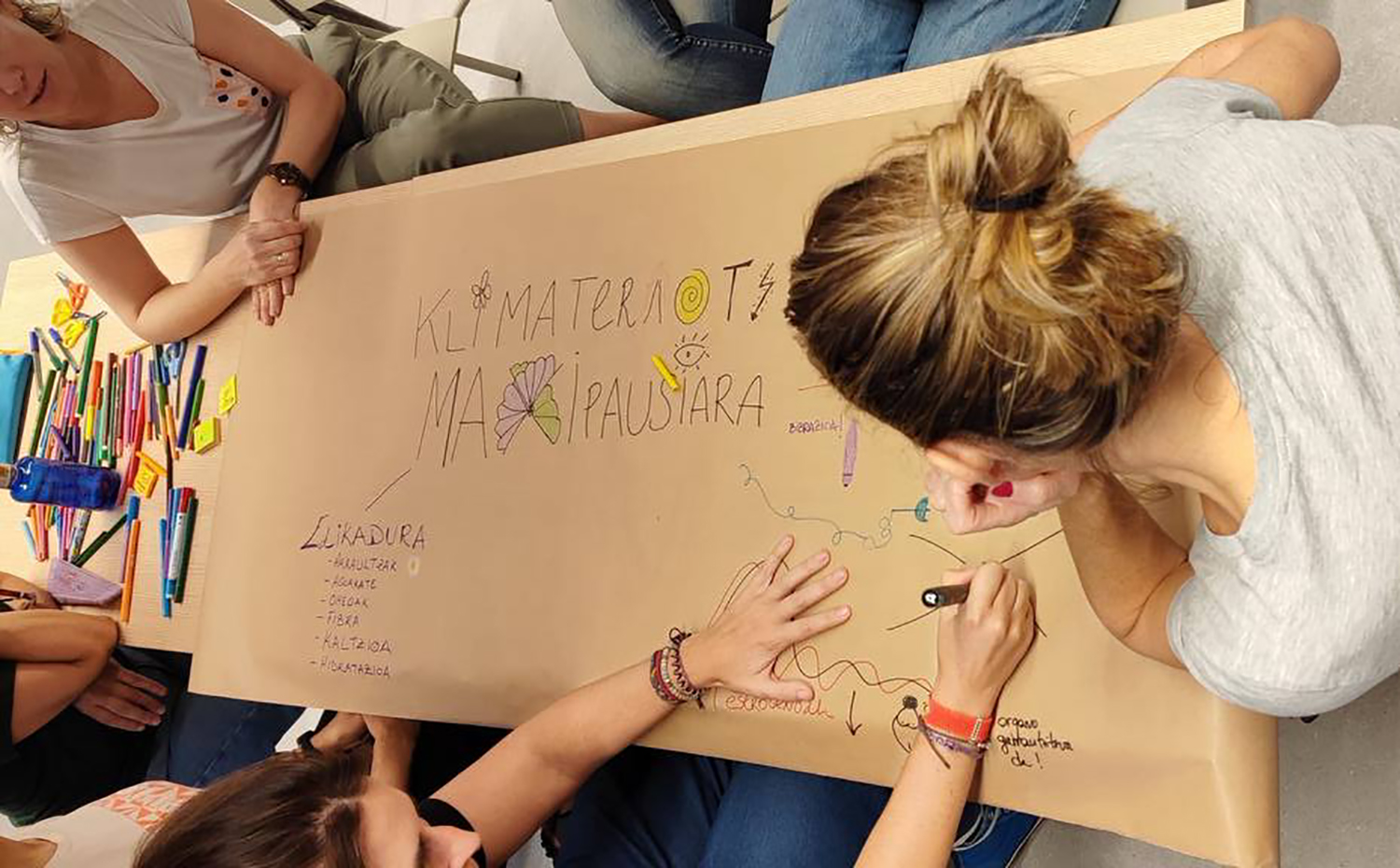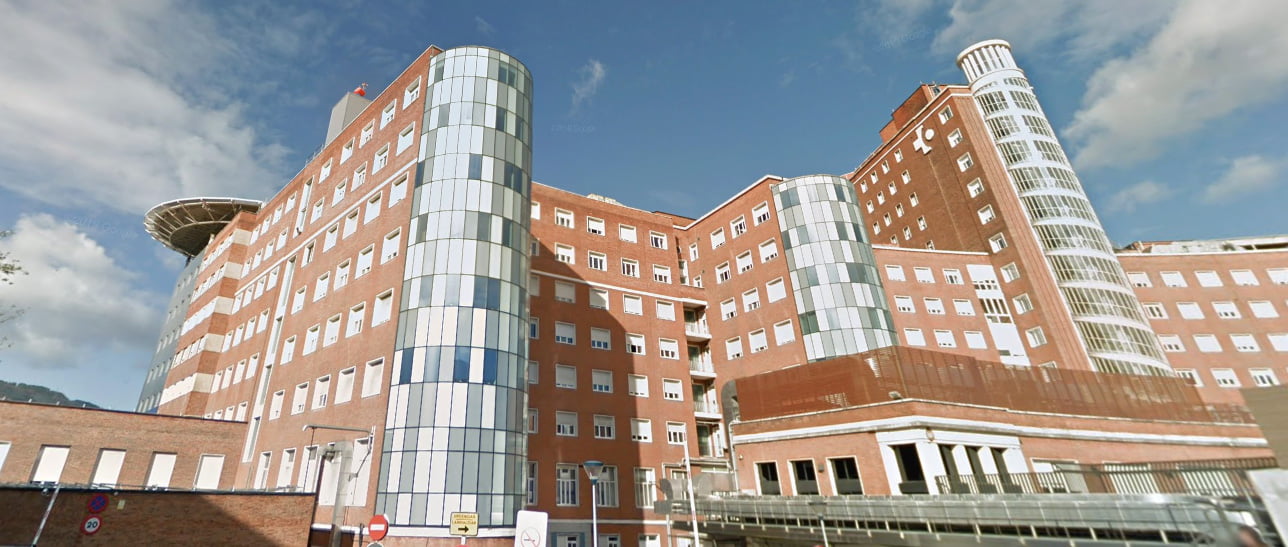Mutual societies, double health system
- The Navarra Health Platform has denounced the agreement between CCOO, UGT, CEOE, CEPYME and AENC. The agreement is aimed at the management of patients’ regular permits by mutual societies.

CCOO and UGT sign an agreement with the Spanish Confederation of Business Organizations CEOE, the Spanish Confederation of Large and Small Enterprises CEPYME and AENC for Employment and Collective Bargaining. Agreement. The aim is for mutual societies and social security to manage patients' ordinary permits, that is, not associated with work accidents and occupational diseases. These diseases include tendinitis, disc hernias, back pain, multiple and torsional joint or neurological pains. The Navarra Health Platform denounces the union decision and says that the purpose of mutual societies is to achieve “faster” medical discharge.
For this purpose, mutual societies offer imaging diagnosis, surgical treatment and rehabilitation: “They remain silent and do not say they send from a system with rights, that is, from a public system, to a system without rights.” They point out that although the public system must “improve”, “unlike private ones” works in prevention and research.
They have also reported techniques to achieve the objective, such as the use of steroids, surgical interventions, referral to organizations seeking economic benefits and the promotion of electromedical consumerism: “These practices are not controlled.”
They add that mutual societies are increasingly competent to intervene in public health: “They can sign private agreements with public health so that waiting lists are shorter and thus strengthen the double system with public money.”
As a result of the intervention of the mutual societies, they will be able to access the clinical history of the public health system, which can cause diseases to originate in the “systematic” denial of work.
The control of the intervention of the mutual societies in the field of Social Security, but the members of the platform denounce that it is kept “silent”. According to the Navarro Institute of Public Health and Occupational Health, less than 15% of the discharges of mutual societies are “justified”: “There is little data and those we have say that they do poor management of resources and that in the usual cases there is not much incidence in the waiting lists”.
Also as a result of the intervention of the Mutual Societies, they will be able to access the clinical history of the public health system, which can cause diseases to continue to be “systematically” denied work and that the number of non-work-related injuries “increase”: “How can unions who claim to have a class view support this type of practice?”
They say that mutual societies are an “instrument of privatization”, and that if mutual societies acquire more competences they “marginalize” and “weaken” the public system: “There will only be a charity service for those who do not work.”
Therefore, they consider that doctors will have to work both in the mutual societies and in the public system, so they will have a double job: “We did not know that the goal of trade unions was to promote diversity in the employment of workers.”









.jpg)









